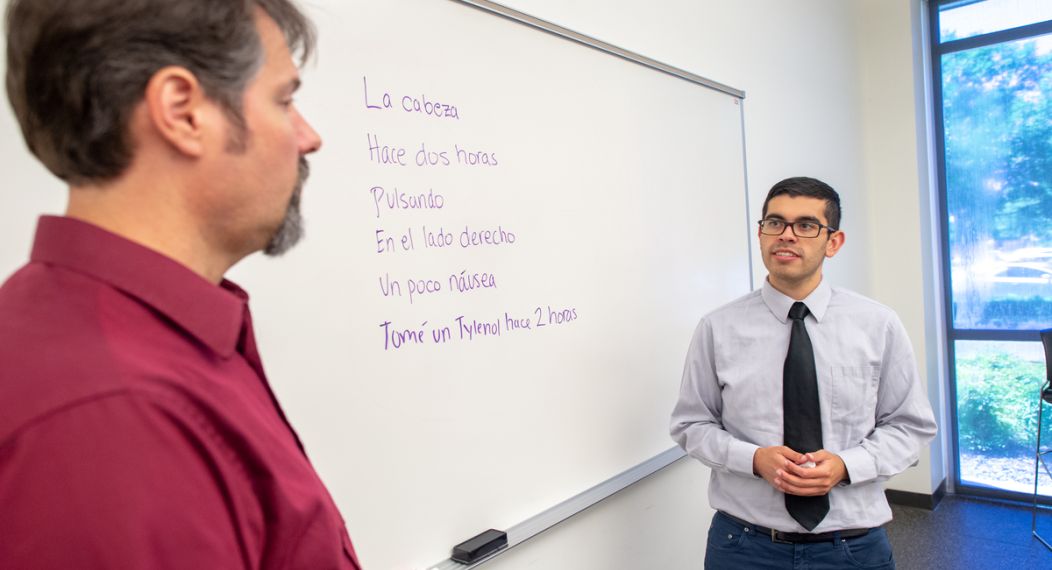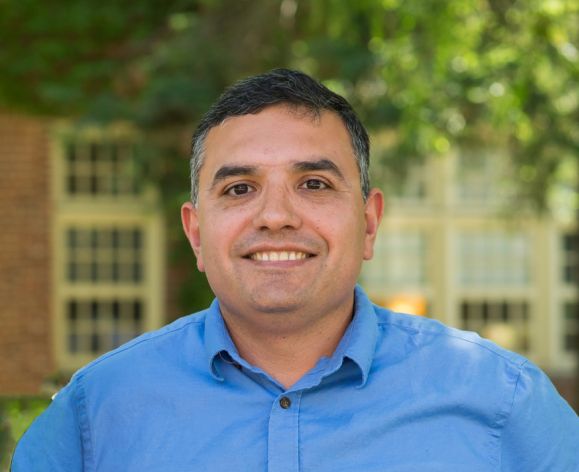Session 1
Spanish for the Health Professions
Increase Your Cultural and Linguistic Knowledge
This course will improve your speaking and comprehension skills in Spanish while developing the cultural knowledge that is critical to becoming a better healthcare provider to your future patients. Adequate care means understanding the language and culture of the Latinx patient. The course is designed to prepare health professionals across disciplines (speech and language pathology, HESP, social work, physician assistant, nursing, nutrition, pharmacy, dentistry, etc.) to effectively communicate with Spanish-speaking patients in hospitals and clinics.
In this class, we will apply the Spanish language and cultural lessons to conversations among the students; we will have invited lectures by specialists in the field, simultaneous translations, skits, and recent news of the health world from Latin American countries. We will also read short stories and watch films from Latin America related to the field of health.







